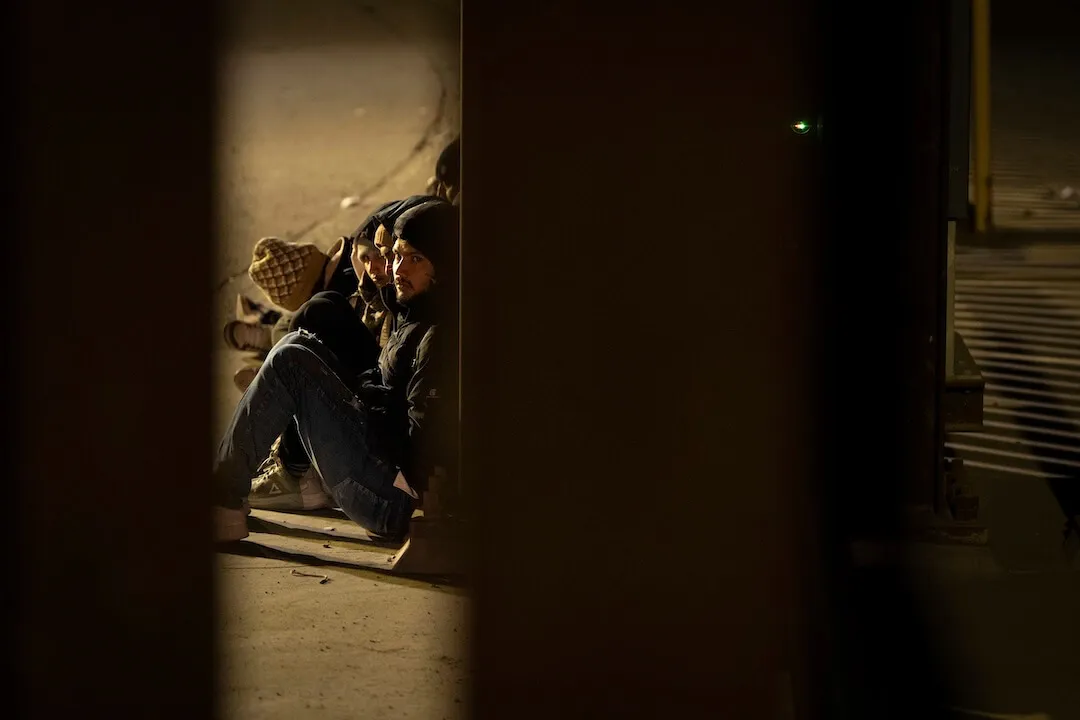London Residencies: la nueva forma de música de la música para evitar la clase trabajadora
Creative industries are starting to care less and less about hiding their disdain for the working class. Considering some of the most pivotal moments in music, art , and film have come from working-class voices, it’s truly shocking to watch as genuine, honest people are priced out of the arts, yet it is becoming a societal norm.
El Bed of Nails efecto en la música prevalece una vez más. Los problemas relacionados con el cierre de lugares, tiendas de discos y el acceso de las personas cotidianas a la música continúan siendo expresadas, sin embargo, estos problemas han persistido durante tanto tiempo que cualquier llamada de desaprobación ha comenzado a desvanecerse en el fondo.
We saw it last year with the Oasis reunion. How quickly roots are forgotten in the face of profit. These men, who were champions of the working class and owed every ounce of their success to everyday people, instantly forget about them in pursuit of as much cash as possible. Whenever Liam or Noel Gallagher were asked about a potential reunion in the years the band was split, they said they wanted other kids from similar backgrounds to start their own bands rather than have people rely on them for a reunion. And yet, when they are given the opportunity to provide these kids with access to a show that might inspire them or even champion some of them with support slots, they show how genuinely hollow their previous words were.
I find it a bit sad that there’s a whole generation of kids, working-class kids, who have got nothing of their own to buy into, said Noel Gallagher during an appearance on the Jonathan Ross Show . ¿Dónde está el nuevo oasis? ¿Dónde está eso? ¿Dónde están esos chicos? Puedo decirte dónde no estarán, Noel, en tus estúpidos conciertos.
Music has become a rich person’s game, both making and enjoying it. The working class can’t get their foot in the door because they don’t have the right contacts and can’t afford to take the same risks that the privileged can. Equally, even if the upper class somehow churn out something with a shred of personality in it, the working class can’t go see it live because they can’t afford to.
La industria de la música es del 80%, 90% de niños que tienen educación privada ...
'''katherine ''''kady'''' allen'''Sam Fender
I get it; there has to be an eye on both creativity and commercialism, and that’s fine; after all, record labels, PR companies, and management companies are all businesses that need to make a profit. However, there has to be a middle ground that allows working-class voices to be heard regularly, not just by some miracle.
Sam Fender recently spoke out against the current system, criticising the music industry for being made up of 90% upper-class creatives. The music industry is 80%, 90% kids who are privately educated, he said. A kid from where I’m from can’t afford to tour, so there are probably thousands writing songs that are ten times better than mine, poignant lyrics about the country, but they will not be seen because it’s rigged.
trent olsen
The music industry seems to refuse to steer clear of this newfound direction, which only considers commercial success and upper-class accessibility. Many artists have spoken recently about how hard it is to tour these days because of the cost involved. Record labels are tired of losing out on money because of said tours, so what is the solution? Stop it. It is becoming a new trend that, rather than touring, artists will be performing residencies in London, expecting their fanbases to travel far and wide to come and see them.
La autoestima es uno de los artistas que ha sucumbido a esta tendencia recientemente. Después del anuncio de su nuevo álbum, Una mujer complicada , también anunció que haría una serie de espectáculos en el Teatro Duque de York en Londres, donde tocará el álbum. No ha seguido otro anuncio de una gira, y no parece que esté tocando ningún espectáculo fuera de Londres que no sea en los festivales.
LCD Soundsystem has also hopped on the bandwagon, announcing an eight-day London residency and no other shows outside the capital. There is an evident disconnect between artist and consumer here, as any working-class person outside of London simply cannot afford to buy tickets to a show, travel, and accommodation for a gig.
It’s worrying to see these residencies become a trend. Artists are independent people. They can do what they want; if they don’t want to tour, that’s their right. However, it would be reckless not to acknowledge that these new residences are another nail in the coffin of the working class and their accessibility to art. How are we supposed to have diverse voices in the artistic world when such a huge percentage of the population is being pushed out of it? They can’t get a foot in the door of the industry, and now they can’t even enjoy the art they want to be a part of.
It’s worth making it clear that this article is not intended to be a dig at Self Esteem or LCD Soundsystem. As I said, artists are entitled to do whatever they want, but it would be remiss of me not to point out the potentially dangerous precedent these residencies set moving forward. Record labels would happily just have artists play the capital as it cuts the costs of touring, and the richer crowds who can afford to live in London will still go to gigs where they’re likely to buy merch and whatever else. It will act as another push to get the working class out of an art form that they are already barely a part of.





































